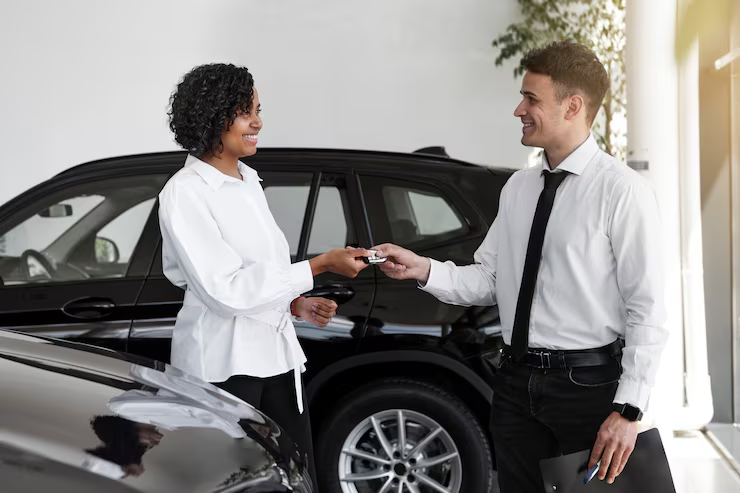UK'S MOST COMPREHENSIVE CAR HISTORY CHECK ONLY £9.99

Used cars. For many people, buying second-hand is a far better choice than brand new, for several reasons. However, a used car also comes with risks. Indeed, a shiny paint job or smooth test drive doesn’t always tell the full story for a vehicle. And, to this end, there can sometimes be hidden accidents, outstanding finance, or issues waiting to catch you out. The good news is, by asking the right questions, you can potentially protect yourself and make the right choice!

Before you hand over any money for a used car, it’s crucial that you do your research first. Fortunately, there are a few simple questions you can ask that may help. But, of course, don’t just take the seller’s word for it alone; always start with a car history report too! These reveal crucial information such as MOT history and mileage inconsistencies, and potentially even information the seller might not know! In short: a full report gives you peace of mind that there’s nothing to hide.
So, with the car history report checked, make sure you also ask the seller the following questions.
Most used cars have some little bumps and scratches. However, there’s been a big difference between nicks and a full crash. Given this thought, it’s worth asking the seller directly if the car has ever been in a crash (especially one that’s not been officially recorded). In addition, try to look closely at the bodywork for any signs; these might include mismatched paint or poor bodywork alignment.
Not all private sellers will necessarily be happy with this. However, it’s always still worth a try! Indeed, a test drive allows you to feel how the car really performs. If they are happy for you to try the car, be sure to do a thorough check. Consider whether the car handles well, if the brakes are responsive, how it accelerates, etc. If you’re not completely happy, don’t take a chance!
Even if the car looks and feels fine, it’s good to get a professional opinion. As such, make sure the car has had regular maintenance; frequent services should reduce the chance of issues going unnoticed. Alongside this, always ask for service and maintenance records if the seller has them to help.
At the end of the day, there’s a reason the seller is moving the car on. Now, chances are, this will be genuine; normally, it’s just that the seller is looking to upgrade or needs a different vehicle. However, this question can also bring up insights about the car that might help inform your decision. Of course, sellers may not always be genuine in their replies; it’s nonetheless still an excellent question to ask.
As a final check, always make sure the seller has the genuine logbook for the vehicle before you pay, and check for any signs it might be false. This might seem overly suspicious, but it’s always better to be safe than sorry.
Asking the right questions when buying a used car isn’t about being suspicious—it’s about protecting your purchase. Fortunately, from running a car history report to checking service records, every answer gives you a clearer picture of what you’re buying. So, don’t chance it!